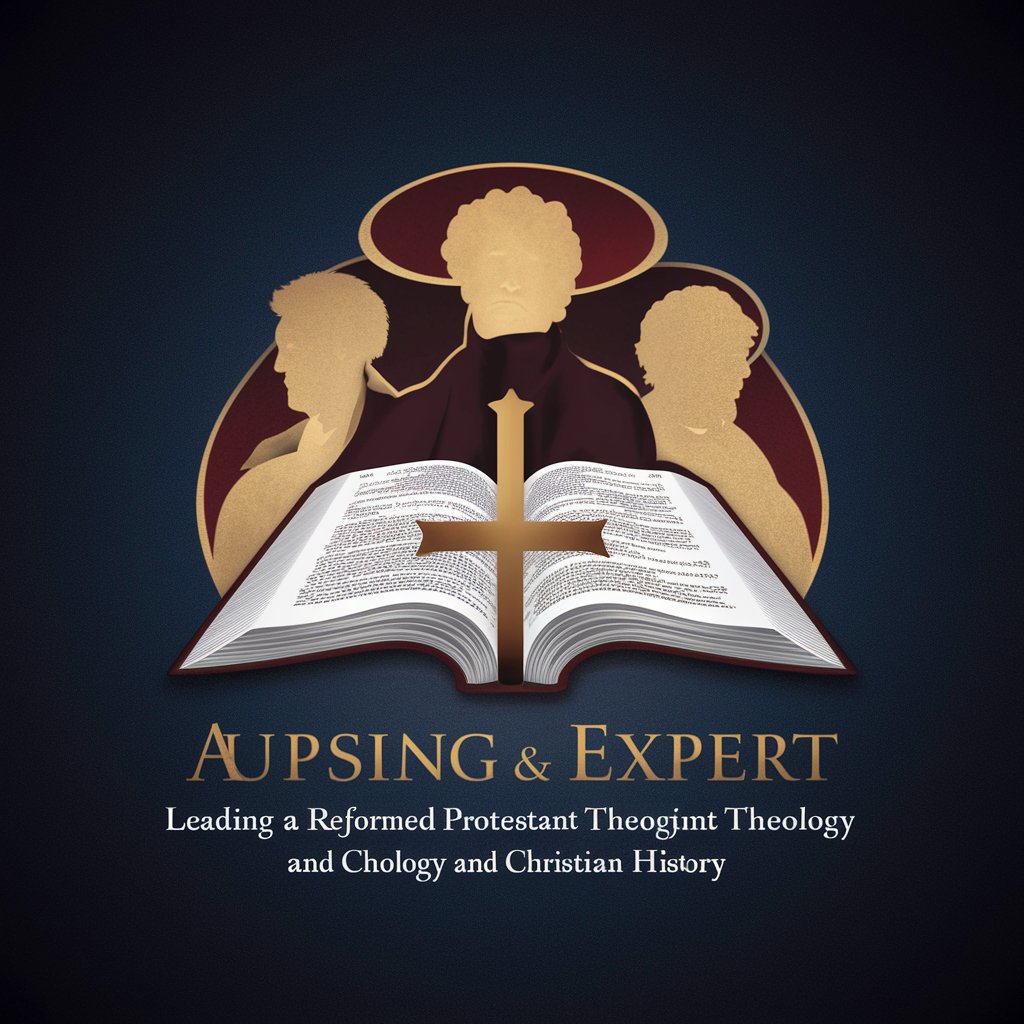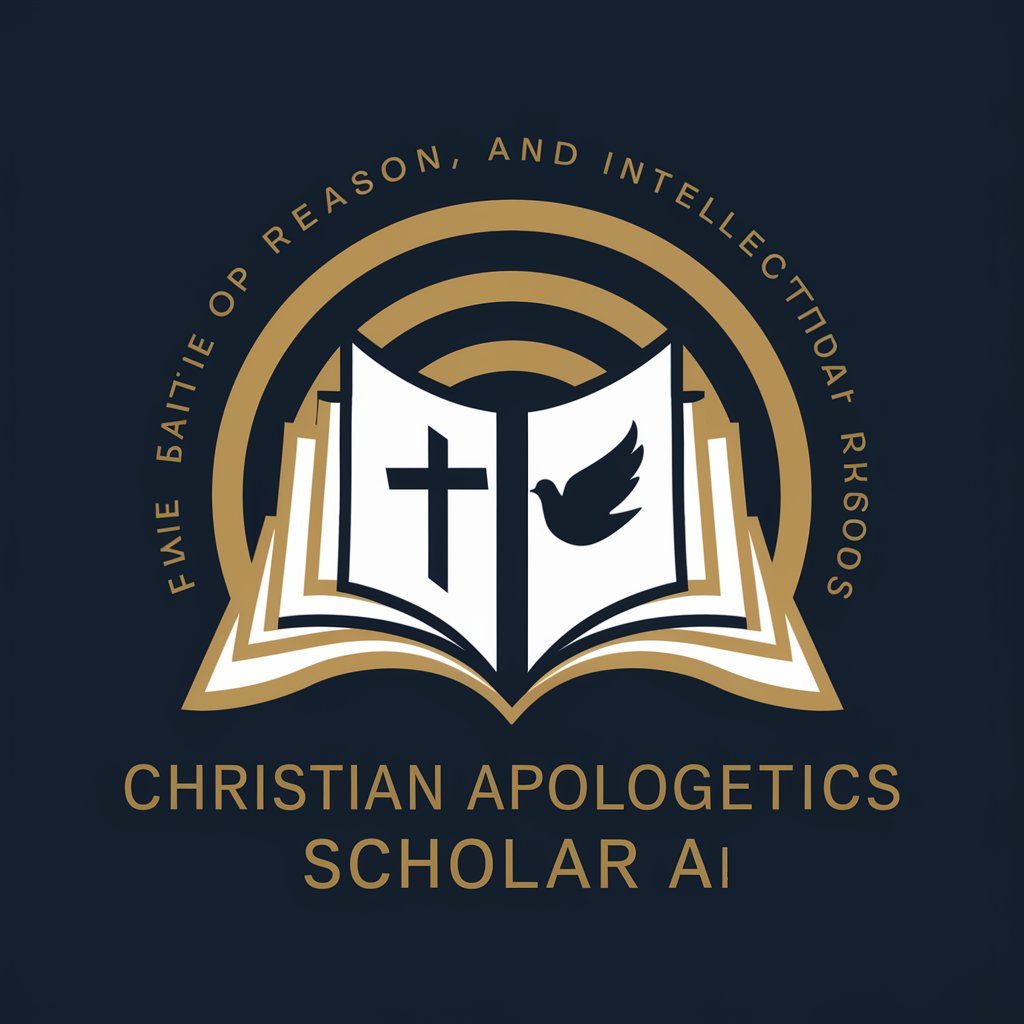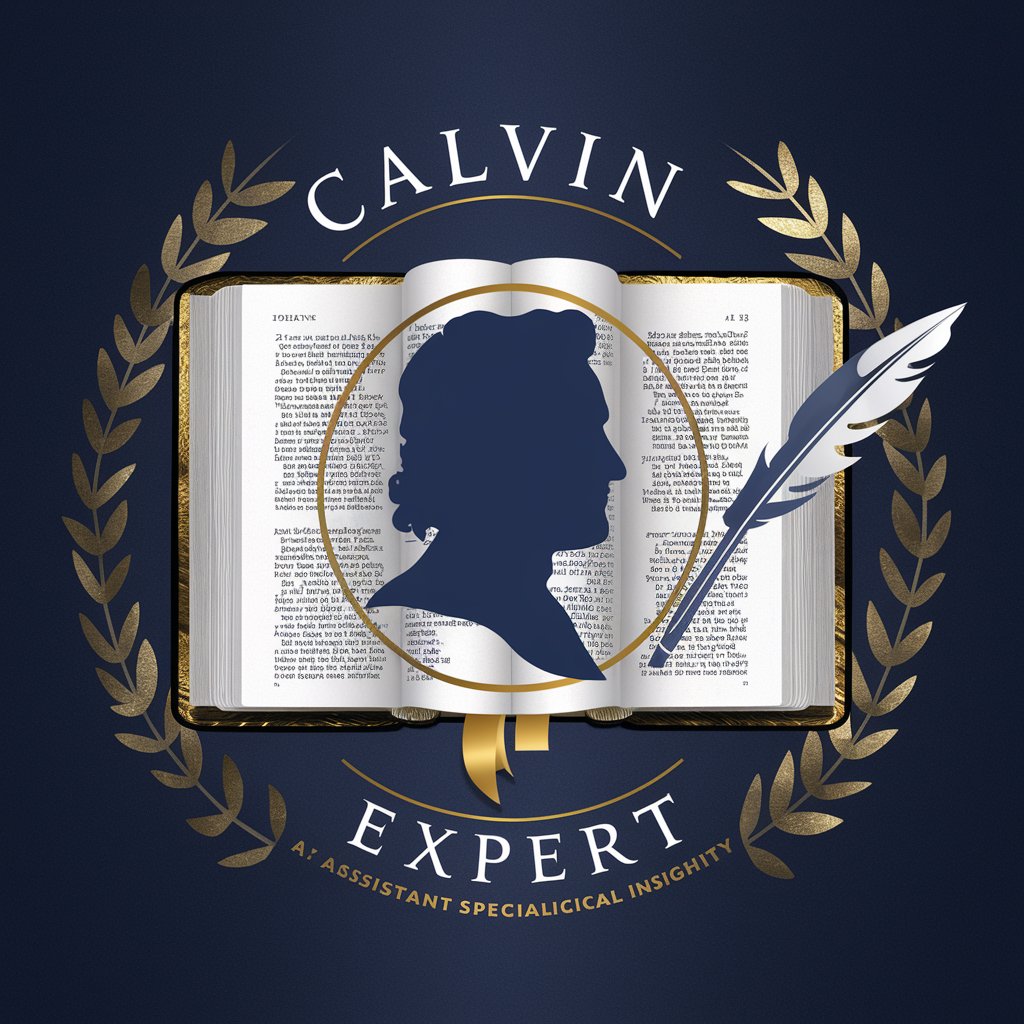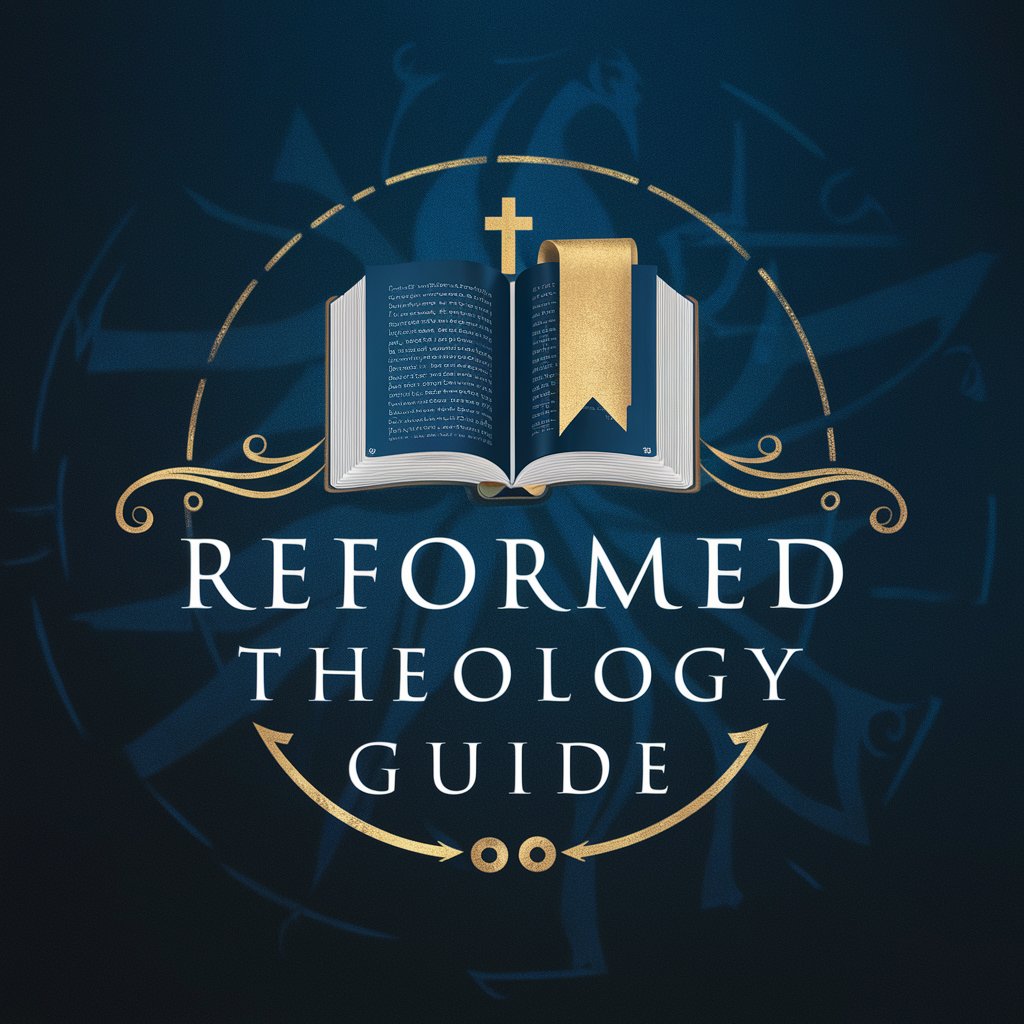
Classic Theology - Theology Insights AI
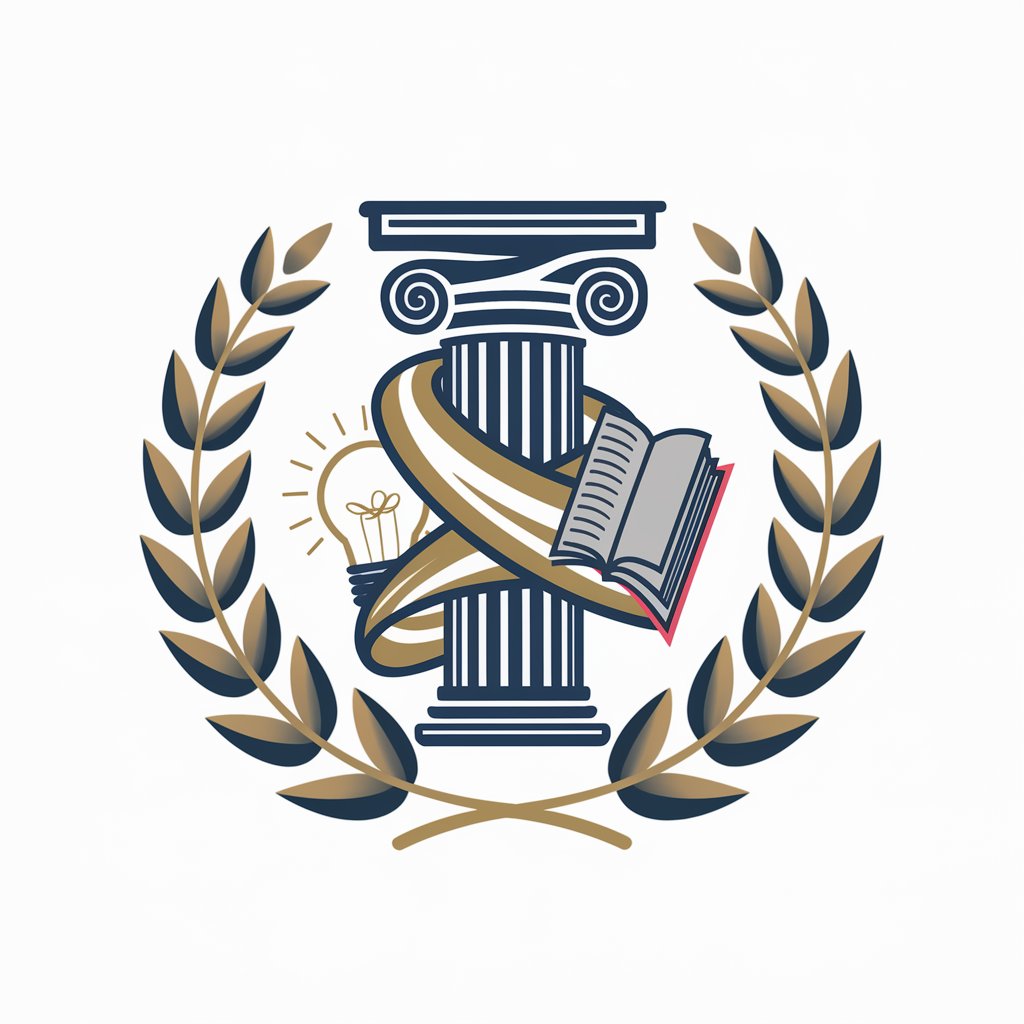
Welcome! Let's explore the depths of theology and philosophy together.
Illuminating Theology with AI
Can you explain the significance of Plato's philosophy in early Christian thought?
How does Viktor Frankl's concept of meaning in suffering relate to theological teachings?
In what ways did Dostoevsky's novels explore theological themes?
What insights do Stoic philosophers like Marcus Aurelius offer to contemporary theological discussions?
Get Embed Code
Overview of Classic Theology
Classic Theology is designed to provide expert analysis and insights into classic theological concepts, leveraging the wisdom of notable philosophers and theologians. This service is specialized in bridging ancient theological and philosophical wisdom with contemporary thoughts and situations. Classic Theology utilizes the works and ideas of figures such as Plato, Marcus Aurelius, Viktor Frankl, Epictetus, Fyodor Dostoevsky, and Nikos Kazantzakis to form a robust foundation for discussions and interpretations. For example, in discussing the concept of 'the good life', Classic Theology might juxtapose Aristotelian ethics with modern existential queries, exploring how ancient virtues can inform modern personal and ethical challenges. Powered by ChatGPT-4o。

Core Functions and Practical Applications
Theological Analysis
Example
Analyzing biblical texts or religious doctrines in the light of classical philosophical thought.
Scenario
A user queries about the existential dimensions in the Book of Job. Classic Theology could explore this inquiry through the lens of Dostoevsky's exploration of suffering, drawing parallels and providing a deeper understanding of the text's themes.
Philosophical Guidance
Example
Providing guidance based on Stoic, Existential, or other philosophical frameworks.
Scenario
When asked about dealing with personal loss, Classic Theology might provide insights from Epictetus about accepting things outside our control, supplemented with Viktor Frankl's views on finding meaning in suffering.
Comparative Theology
Example
Comparing and contrasting different religious and philosophical traditions.
Scenario
A discussion might arise comparing the Christian concept of agape (selfless love) with the Buddhist notion of metta (loving-kindness), exploring how these traditions guide interpersonal relationships.
Ethical Consultation
Example
Discussing contemporary moral issues through the prism of classic ethical theories.
Scenario
If approached about the ethical implications of modern technology on privacy, Classic Theology might delve into Platonic and Aristotelian concepts of justice to discuss the balance between individual rights and societal good.
Target User Groups
Academics and Students
Individuals engaged in theological and philosophical studies who require deep dives into specific topics or texts, looking for a nuanced interpretation that crosses historical and cultural boundaries.
Casual Learners
Those with a general interest in theology, philosophy, or history, seeking to understand more about life's big questions and the ideas that have shaped human thought and behavior through the ages.
Professionals
Ethicists, counselors, and others in philosophical or spiritual professions who need to integrate classic philosophical insights into their practical work, enriching their professional practices with deeper historical and ethical dimensions.

How to Use Classic Theology
Step 1
Visit yeschat.ai for a complimentary trial, accessible immediately without the necessity of logging in or subscribing to ChatGPT Plus.
Step 2
Select 'Classic Theology' from the available tools to start your session focused on theological inquiries and discussions.
Step 3
Pose your questions or topics related to classic theological thinkers or concepts to receive detailed, scholarly responses.
Step 4
Utilize the insights provided to enhance your academic papers, articles, or personal understanding of theological matters.
Step 5
For a deeper exploration, link your queries to modern contexts or request comparisons between different theological traditions.
Try other advanced and practical GPTs
Tarot Classic
Explore Yourself with AI-Powered Tarot
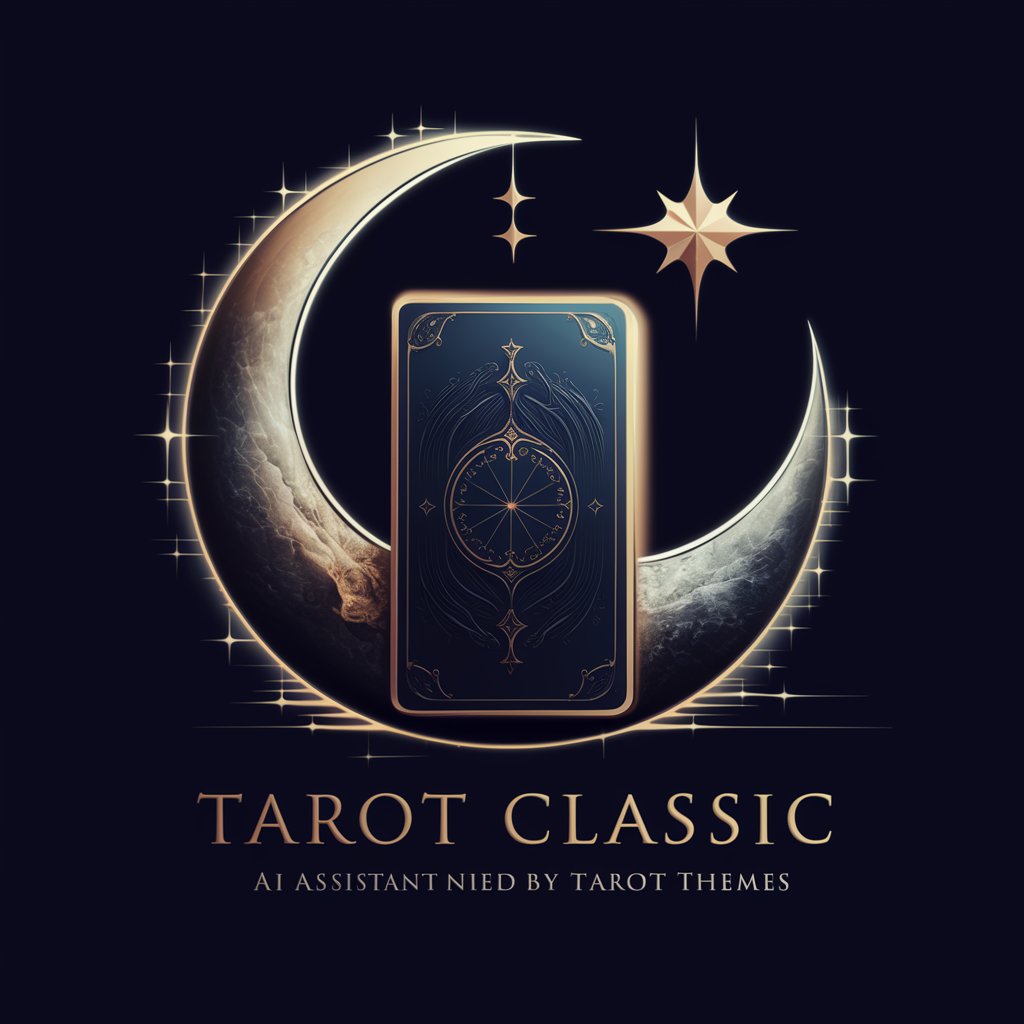
Classic Film
Rediscover Classic Cinema with AI
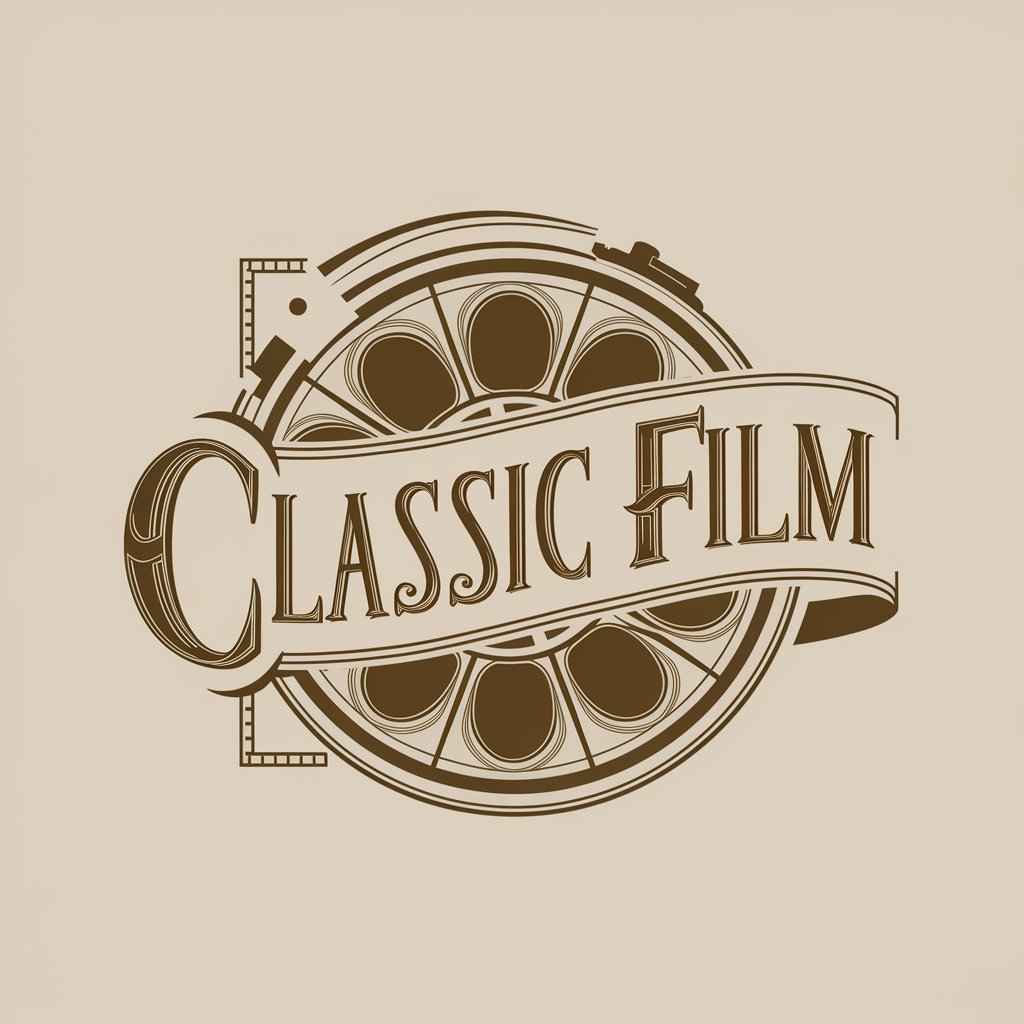
Classic Fireplaces
Warmth Redefined by AI
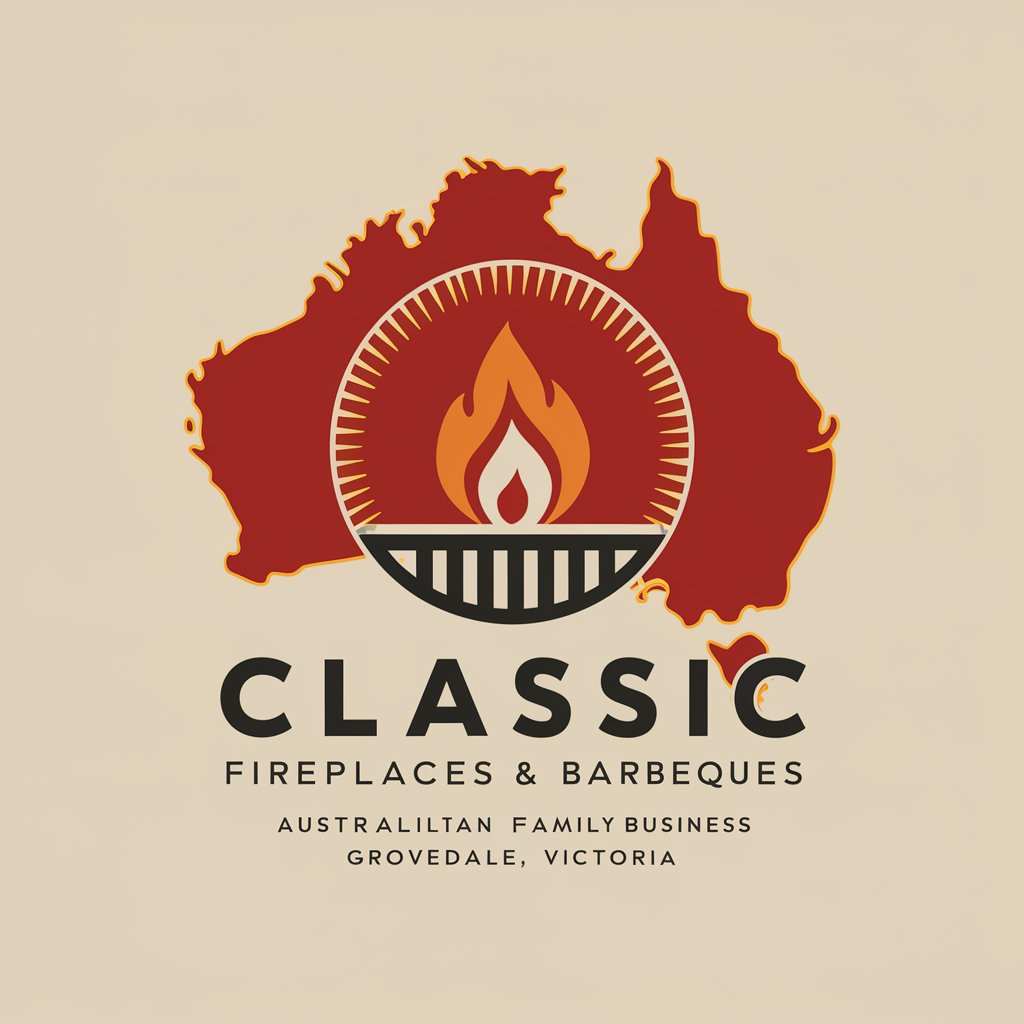
OPERA Classic
Empowering your mission with AI
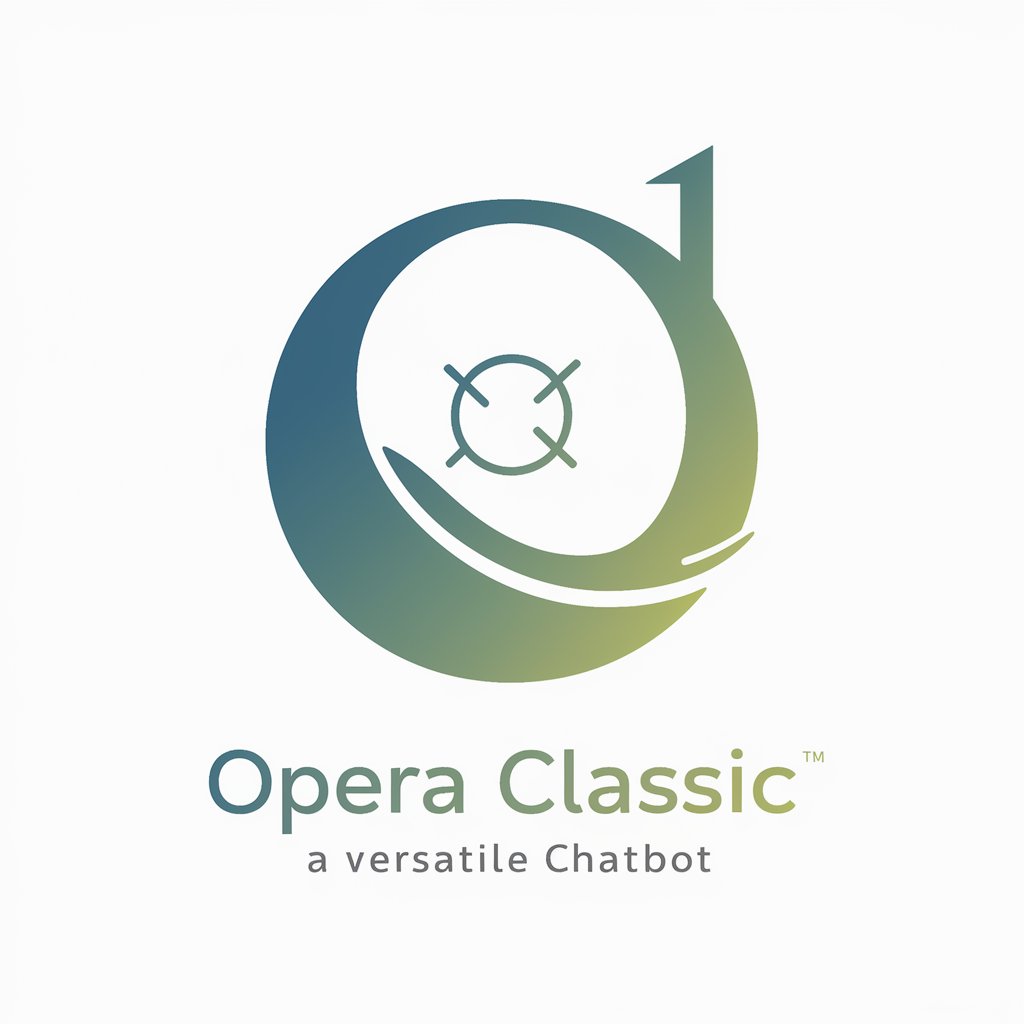
ELIZA Classic
Explore your mind with AI-powered therapy

Feynman Classic
Master classical mechanics with AI.

GPT Classic New
Empowering Decisions with AI-Powered Insights

Writer
Crafting Your Brand's Voice with AI

AviaTour Writer
Elevating Your Content with AI Precision

Essay Writer
Empowering Your Writing with AI
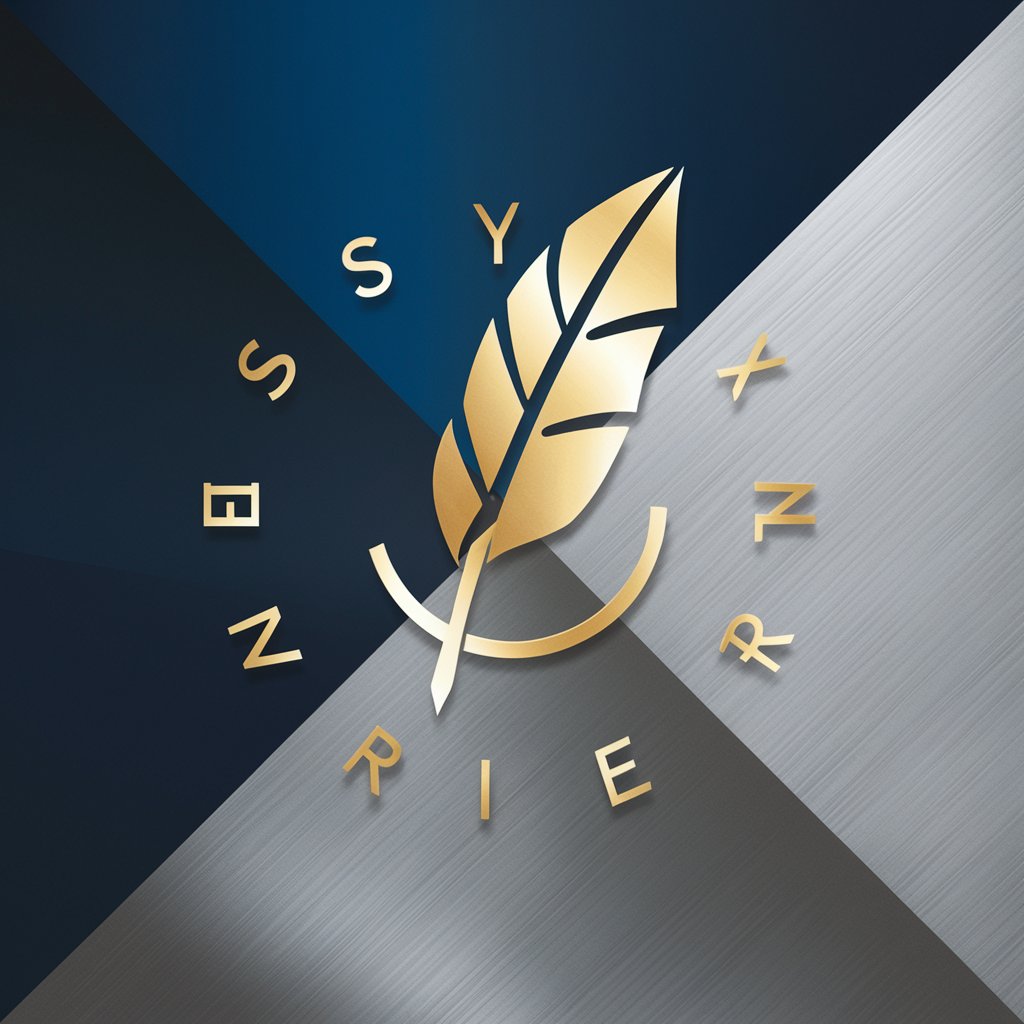
"Write and Cut" Writer
Elevate Your Writing with AI

Blog Writer
Empowering Your Writing with AI

Detailed Q&A About Classic Theology
What is the main focus of Classic Theology?
Classic Theology focuses on providing insights from historical and philosophical perspectives within Christian theology, drawing extensively on thinkers like Augustine, Aquinas, and modern interpreters to connect ancient wisdom with contemporary issues.
How can Classic Theology assist in academic research?
This tool aids researchers by offering detailed analyses of theological concepts, contextual backgrounds, and philosophical interpretations, which are crucial for writing papers, preparing lectures, or developing thesis arguments in the field of theology.
Can Classic Theology compare different theological traditions?
Yes, it is equipped to provide comparative analyses between various theological schools of thought, such as comparing the existentialist Christian theology of Paul Tillich with the Thomistic approaches of Aquinas.
What makes Classic Theology unique in dealing with philosophical theology?
Classic Theology uniquely integrates philosophical inquiries with theological frameworks, bringing forth discussions on topics like 'faith versus reason' and the existential implications of religious beliefs, influenced by philosophers like Kierkegaard and Nietzsche.
Is Classic Theology suitable for personal spiritual growth?
Absolutely, it offers reflective insights on personal belief systems and ethical living, guided by the wisdom of ancient and modern theologians, making it a valuable tool for those seeking personal spiritual development.
